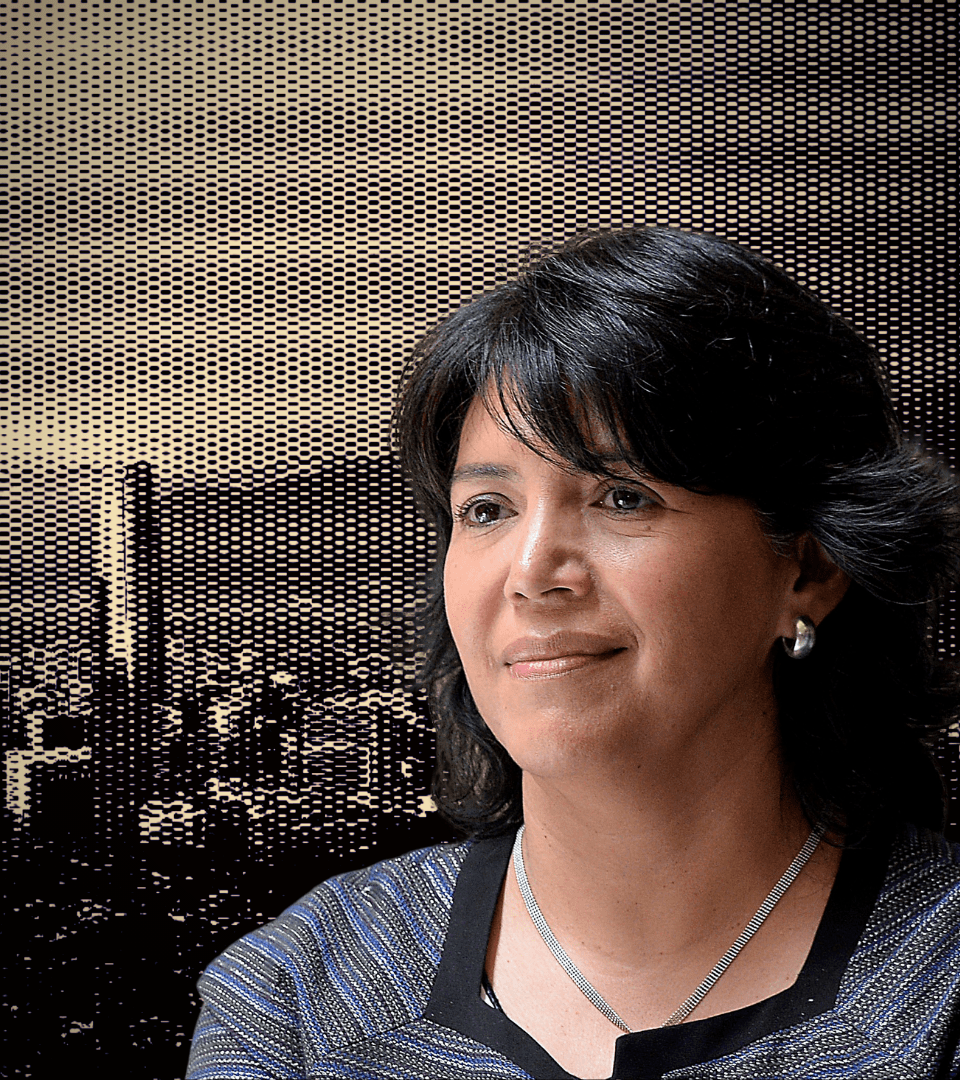President Piñera delivered his annual state of the Nation address at one of the most trying times for his administration. To wit, the consequences of the October 18, 2019 social unrest, the enormous difficulties in overcoming the negative economic, social and health effects of Covid 19, in addition to the electoral defeat of his ruling coalition a couple of weeks before and the de-facto parliamentarianism operating in the Congress, leave him with little room for political maneuvering, and undoubtedly have removed any possibility that his government will shape the political agenda in the months ahead.
The following is a summary of the President’s main points and announcements.
Fulfillment of his program. The president recalled and highlighted the main points of and the implementation of his program including putting children first in line; moving towards full and total dignity for all; equal rights, duties and opportunities for men and women; working to continue implementing quality education; better treatment of our older adults; issues related to immigration; a comprehensive view of the challenges of La Araucanía; delivering better health care; working to create better cities; protection of the middle class.
Sense of institutional continuity. The President also went over the achievements of the former Concertacion’s previous administrations to provide a contextual frame for his current government as part of a process of ongoing progress. He pointed out that Chile’s history does not begin or end with him and also acknowledged that such progress comes with the kinds of problems associated with modernity.
Equal Marriage Rights. He committed to assigning urgent action status–without specifying the level of urgency–to the equal marriage rights bill currently in the Congress. This was the most surprising of his announcements as the issue was never among the government’s priorities and could arouse opposition from certain leaders and representatives of the most conservative parts of the coalition.
Peace and Human Rights Accord. There was special mention of the effects of the social and political unrest that led to the Agreement for Peace, Social Justice and a New Constitution, which took form first in a plebiscite and then in the recent election of the members to the Constitutional Convention that will be convened and begin operating in the next few days. On matters of human rights, the President acknowledged cases of non-compliance with police protocols, but emphasized that his government has done everything possible to uphold them. In this connection, he announced the creation of a specialized prosecutor’s office for crimes against human rights and more resources for the National Institute of Human Rights (INDH).
Agenda for public safety and cybersecurity. He also unveiled what was, perhaps, the clearest package of sectorial commitments with three bills: a new Ministry of Public Safety; the creation of the National Cybersecurity Agency; and a new course of study for future generations of police, including education and training in human rights as well as policing strategy, operations, and effectiveness.
He emphasized that there are no political prisoners in Chile. He underscored that his administration has brought “order to our house” on immigration matters through, for example, a new Immigration Law, which “allows legal and beneficial immigration for our country, and prevents illegal immigration (…) and the immigration of people with criminal records.”
Spotlight on pandemic management: President Piñera gave a detailed account of the Covid 19 related health crisis and the measures taken to combat it, mainly highlighting the successful vaccination process underway, which included the acquisition of more than 40 million doses of vaccine from different laboratories. In this regard, he recalled the difficulties that all countries faced in anticipating the complexities posed by the coronavirus, but asked that his government’s logistical and human deployments, especially in the early negotiation with the laboratories, be remembered. He was emphatic in noting that Chile has assured enough doses for its entire population and made a call for people to be responsible and get vaccinated. He announced a US$ 2 billion Extraordinary Healthcare Fund “to fund the fight against Covid and its aftermath, strengthen Digital Hospital services, and finally shorten waiting lists, especially for mental health, specialists, and surgeries.”
Economic recovery: The president particularly highlighted a set of measures adopted to mitigate the severe economic and social crisis resulting from the pandemic. He maintained that Chile will have one of the fastest economic recoveries in the world. As evidence, he cited the April IMACEC (Monthly Index of Economic Activity) that was 14%. He also spoke in realistic tones about the spending that will be required to meet tangible objectives in the years ahead.
About the Constitutional Convention (CC): President Piñera pledged his government’s help with the work of the Constitutional Convention, but at the same time listed certain contents that, in his opinion, should be preserved, items such as “… the “right to life of the unborn” or the “right to choose education and health,” issues that will be discussed in the upcoming constitutional debate. Regarding the inauguration of the CC, he did not give any dates, but said that he would announce it “in the next few days.“


